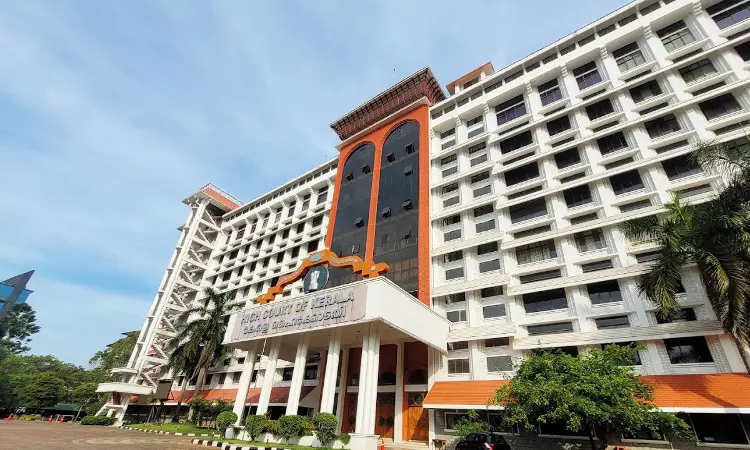Compensation To Discontinue Commodity Brokerage Business Chargeable To Income Tax: Kerala High Court
Mariya Paliwala
14 Aug 2024 5:30 PM IST

Next Story
14 Aug 2024 5:30 PM IST
The Kerala High Court has held that the amount received by the assessee is under an agreement for not carrying out any activity in relation to any business that was carried on by the assessee; it would attract the provisions of Section 28(va)(a) of the Income Tax Act and make the receipt chargeable to income tax under the heading of “Profits and gains of business or profession.”.The bench...
